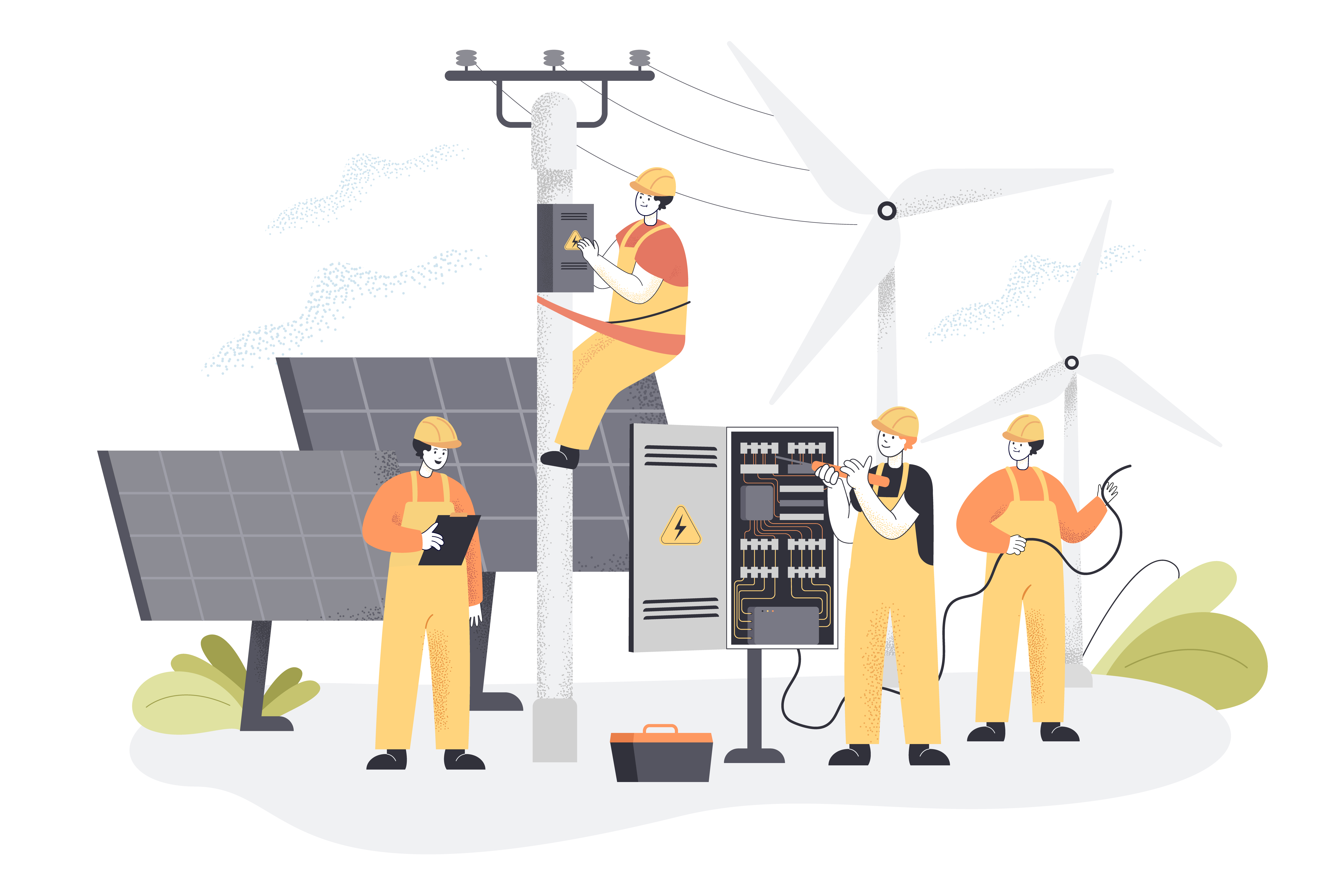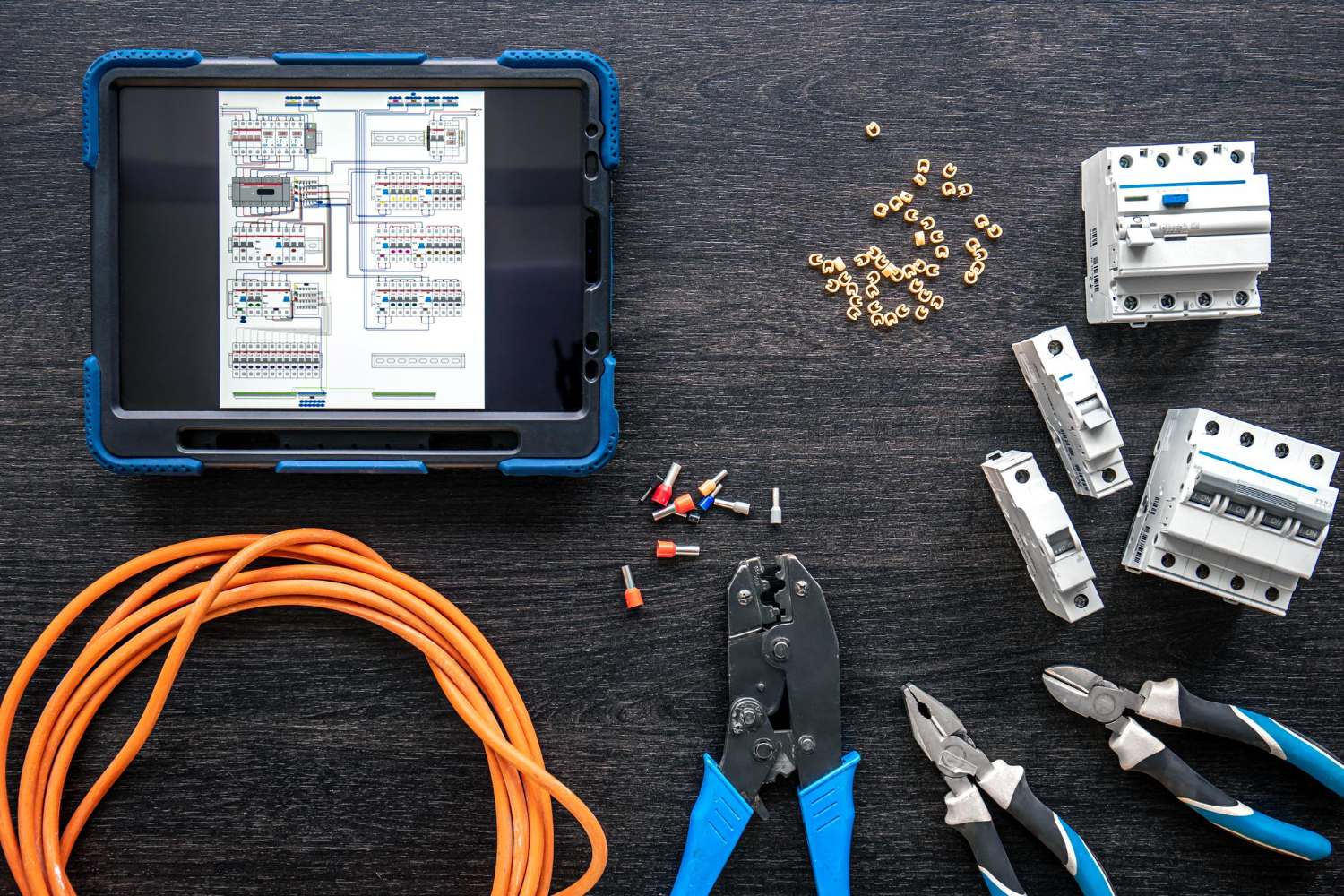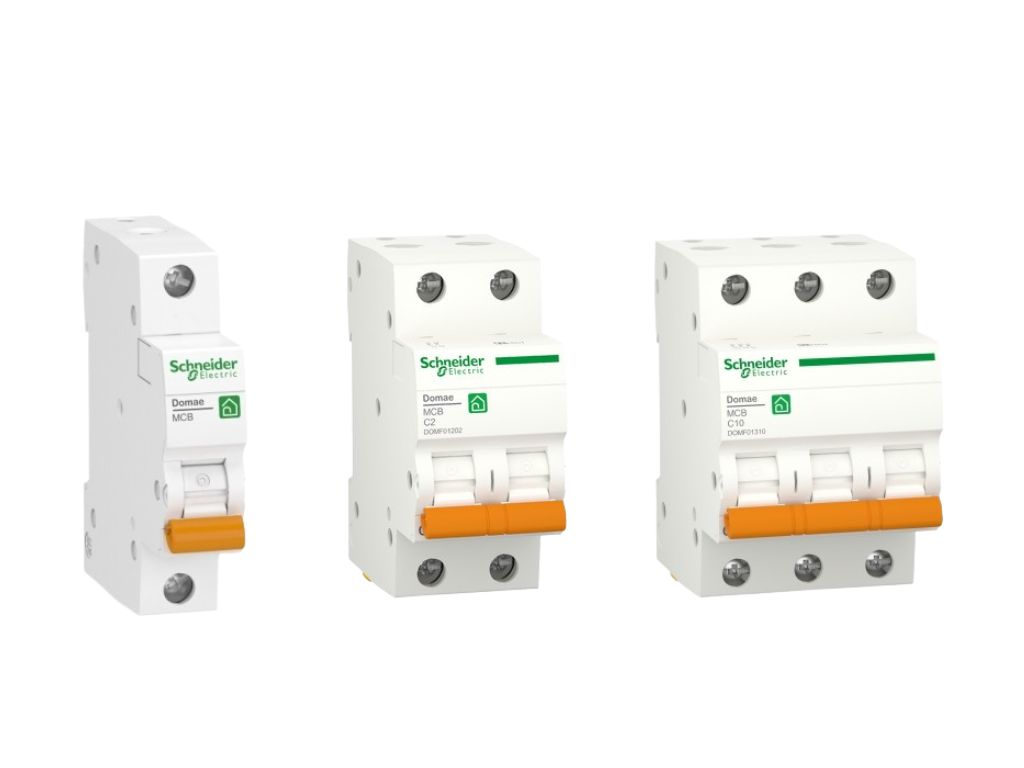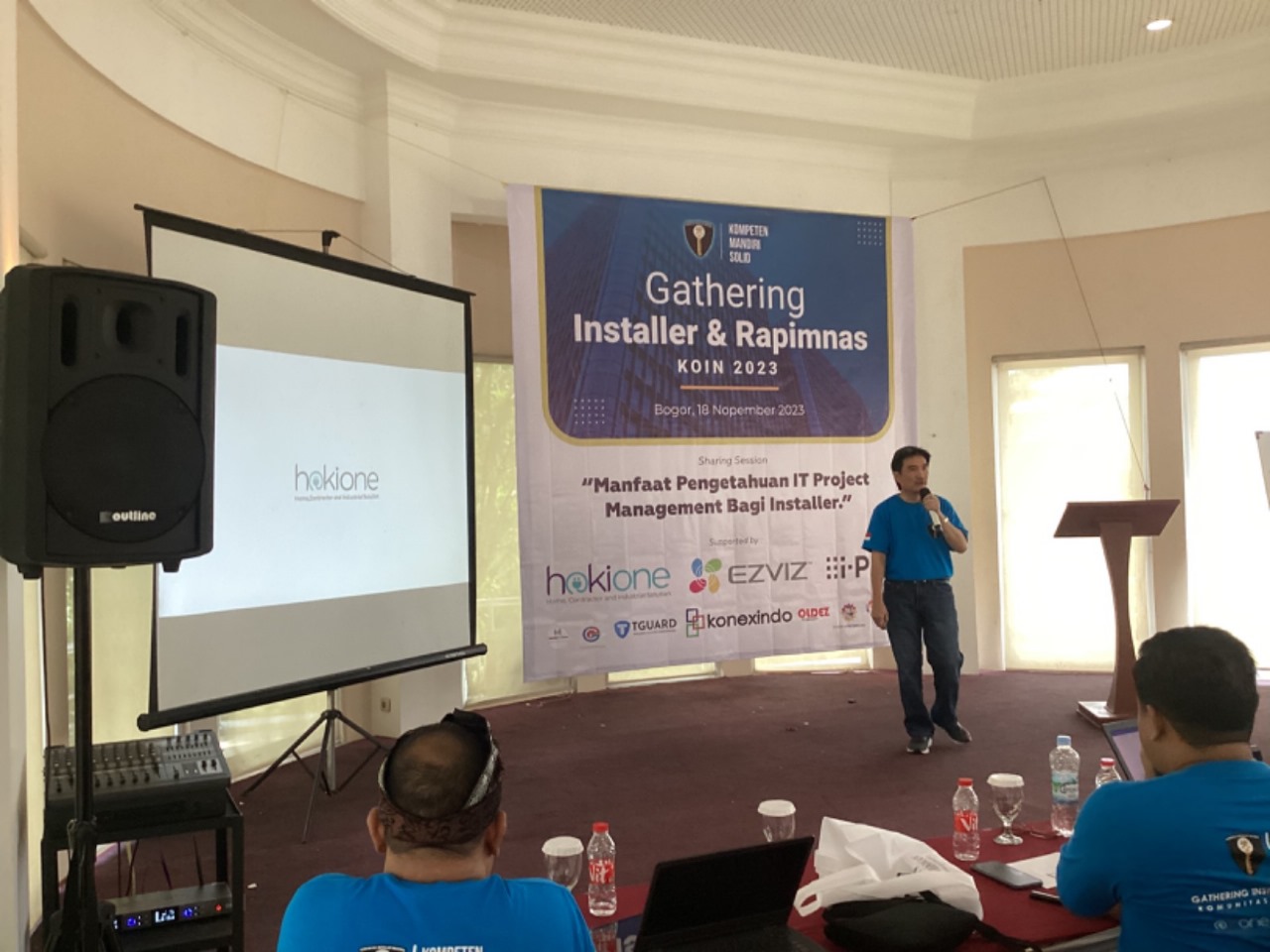Pengertian Arus Listrik serta Tegangan, Hambatan, dan Daya secara Sederhana

Pengertian arus listrik serta tegangan, hambatan, dan daya secara sederhana adalah pengetahuan yang cukup penting di zaman yang sangat bergantung pada penggunaan listrik seperti saat ini.
Setiap peralatan yang kita gunakan dalam kehidupan sehari-hari, baik di rumah, di kantor, maupun di bidang industri, hampir semuanya membutuhkan listrik.
Arus listrik, tegangan listrik, hambatan listrik, dan daya listrik adalah dasar-dasar yang membangun kelistrikan. Istilah tersebut menjadi inti saat kita membicarakan tentang listrik yang terbentuk dari atom dan muatan elektron.
Bagi Anda yang mungkin sudah terlupa dengan materi kelistrikan, mari sejenak kita ingat kembali tentang pengertian arus, tegangan, hambatan, dan daya listrik berikut ini.
Baca Juga: Fungsi Sekring atau Fuse Listrik dan Perbedaannya dengan Circuit Breaker
Pengertian Arus Listrik serta Tegangan, Hambatan, dan Daya secara Sederhana
1. Pengertian Arus Listrik
Arus listrik adalah aliran elektron yang bergerak melalui penghantar dalam suatu rangkaian listrik. Arus listrik terjadi ketika terdapat perbedaan potensial atau tegangan antara dua titik dalam suatu rangkaian.
Elektron-elektron akan bergerak dari titik dengan potensial yang lebih tinggi ke titik dengan potensial yang lebih rendah, menciptakan aliran arus listrik.
Dalam lingkup penggunaan sehari-hari, arus listrik adalah energi yang digunakan untuk menggerakkan perangkat elektronik, seperti lampu, komputer, atau mesin lainnya. Arus listrik diukur dalam satuan ampere (A), yang menunjukkan banyaknya muatan yang mengalir melewati suatu titik dalam suatu waktu tertentu.
Arus listrik terdiri dari dua jenis, yaitu arus searah (DC) dan arus bolak-balik (AC). Arus searah memiliki arah aliran yang tetap, sedangkan arus bolak-balik berubah arah secara periodik.
Listrik rumah tangga umumnya menggunakan arus bolak-balik, sementara baterai dan sumber daya portabel lainnya menggunakan arus searah.
2. Pengertian Tegangan Listrik
Tegangan listrik adalah perbedaan potensial atau perbedaan energi listrik antara dua titik dalam suatu rangkaian.
Tegangan ini menyebabkan arus listrik mengalir dalam suatu penghantar, seperti kawat atau komponen elektronik.
Sederhananya, tegangan listrik dapat diibaratkan sebagai tekanan atau dorongan yang mendorong elektron-elektron untuk bergerak dalam suatu rangkaian. Semakin besar perbedaan potensial antara dua titik, semakin besar pula tegangan listriknya.
Tegangan listrik diukur dalam satuan volt (V). Misalnya, pada baterai, tegangan diukur dalam volt, seperti 1,5 volt atau 9 volt.
3. Pengertian Hambatan Listrik
Hambatan listrik adalah resistansi atau penghalang aliran arus listrik dalam suatu penghantar. Ketika arus listrik mengalir melalui penghantar, hambatan listrik mengubah energi listrik menjadi energi panas karena adanya gesekan antara elektron-elektron dalam penghantar tersebut.
Hambatan listrik diukur dalam satuan ohm. Satu ohm merupakan hambatan yang membatasi aliran arus satu ampere dengan tegangan satu volt. Semakin tinggi hambatan listrik dalam penghantar, semakin sulit arus listrik untuk mengalir melalui penghantar tersebut.
Faktor-faktor yang memengaruhi hambatan listrik di antaranya panjang penghantar, luas penampang penghantar, dan jenis material penghantar.
4. Pengertian Daya Listrik
Daya listrik adalah ukuran dari jumlah energi listrik yang digunakan atau dihasilkan oleh suatu perangkat atau sistem dalam suatu periode waktu tertentu.
Daya listrik menggambarkan seberapa cepat energi listrik dikonsumsi atau diubah menjadi bentuk energi lain, seperti cahaya, panas, atau gerakan mekanis, oleh suatu perangkat atau sistem.
Semakin tinggi daya listriknya, semakin besar energi listrik yang digunakan atau dihasilkan dalam waktu tertentu.
Mengetahui daya listrik suatu perangkat dapat membantu menentukan kapasitas sumber daya yang diperlukan atau mengevaluasi efisiensi energi suatu sistem.
Powered by Froala Editor

Baca Juga: 5 Cara Memilih RCBO yang Bagus untuk Instalasi Listrik
Keempat elemen dasar kelistrikan yang telah dijelaskan di atas ternyata sering kita temukan keberadaannya dalam kehidupan sehari-hari. Utamanya saat kita menyalakan perangkat elektronik di rumah, seperti komputer, mesin cuci, dan lainnya.
Memahami pengertian arus listrik serta tegangan, hambatan, dan daya secara sederhana telah mengingatkan kita tentang hal penting yang terkadang jarang disadari perannya dalam kehidupan. Listrik sendiri menjadi elemen yang tak terpisahkan dari keseharian kita. Ketahui beragam informasi terkini terkait kelistrikan dan produk-produk elektrikal, hanya di Mitra Cipta Hardi Elektrindo.
Powered by Froala Editor
Related News



